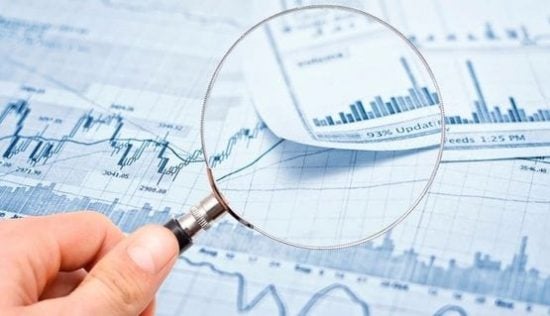Image courtesy of govloop
It is well known that the right to health is closely related to and dependent upon access to information. This truth has become ever more important in light of the Covid-19 pandemic, which has demanded transparency and accountability from governments all over the world. In the absence of such attributes, the strengthening of civil society is extremely relevant — particularly in countries where the government’s response to COVID-19 has been deeply flawed, such as Brazil.
Last month, The Lancet published an editorial criticizing President Bolsonaro for “sow[ing] confusion by openly flouting and discouraging the sensible measures of physical distancing and lockdown brought in by state governors and city mayors.” The prestigious journal also highlighted the loss of Luiz Henrique Mandetta, Head of the Health Department, who was reportedly fired after a television interview in which he strongly opposed Bolsonaro’s actions in the context of the outbreak. Since then, the government has also lost Mandetta’s replacement, Nelson Teich, who lasted less than a month in office and resigned after disagreeing with Bolsonaro about protocols on the use of chloroquine on Covid-19 patients. His second-in-command, a general, took over and is still in office.
 The Health Department was again in the public eye last week. Following days of record-breaking numbers, news broke that the government was no longer updating the total of deaths and confirmed cases during the pandemic, and had also released conflicting information about the daily rates. This drew widespread criticism from civil society, and the press talked about censorship, remembering an epidemics of meningitis that had occurred in the 70s —a time when the country was under the rule of dictators from the military. More importantly, newspapers formed an alliance to collect data at the local level, making it possible to shed light on the numbers nationwide. In short, the press made a commitment to accurately inform about the Covid-19 outbreak.
The Health Department was again in the public eye last week. Following days of record-breaking numbers, news broke that the government was no longer updating the total of deaths and confirmed cases during the pandemic, and had also released conflicting information about the daily rates. This drew widespread criticism from civil society, and the press talked about censorship, remembering an epidemics of meningitis that had occurred in the 70s —a time when the country was under the rule of dictators from the military. More importantly, newspapers formed an alliance to collect data at the local level, making it possible to shed light on the numbers nationwide. In short, the press made a commitment to accurately inform about the Covid-19 outbreak.
Courts are also playing a role. Soon after this crisis began, multiple institutions signaled they were ready to take action: the Federal Court of Accounts (in Portuguese, Tribunal de Contas da União), in partnership with other institutions at the local level, was studying the possibility of consolidating the number of deaths by Covid-19. Moreover, federal prosecutors required an explanation from public officials regarding the change in methodology, while public defenders filed a motion to compel the full disclosure of data related to Covid-19. Then, the Supreme Court ordered the Health Department to resume the daily updates of epidemiological data. The ruling was issued by a single judge and is yet to be confirmed by the full court, but it was enough for the government to back down.
In these troubled times, such events showcase the importance of transparency and accountability for the right to health. As UN Secretary-General António Guterres put it, in his call-to-action We are all in this together: human rights and Covid-19 response and recovery: “[m]ore than ever, governments must be transparent, responsive and accountable.” If they fail to do so willingly, recent events in Brazil show just how big a role civil society has to play.



